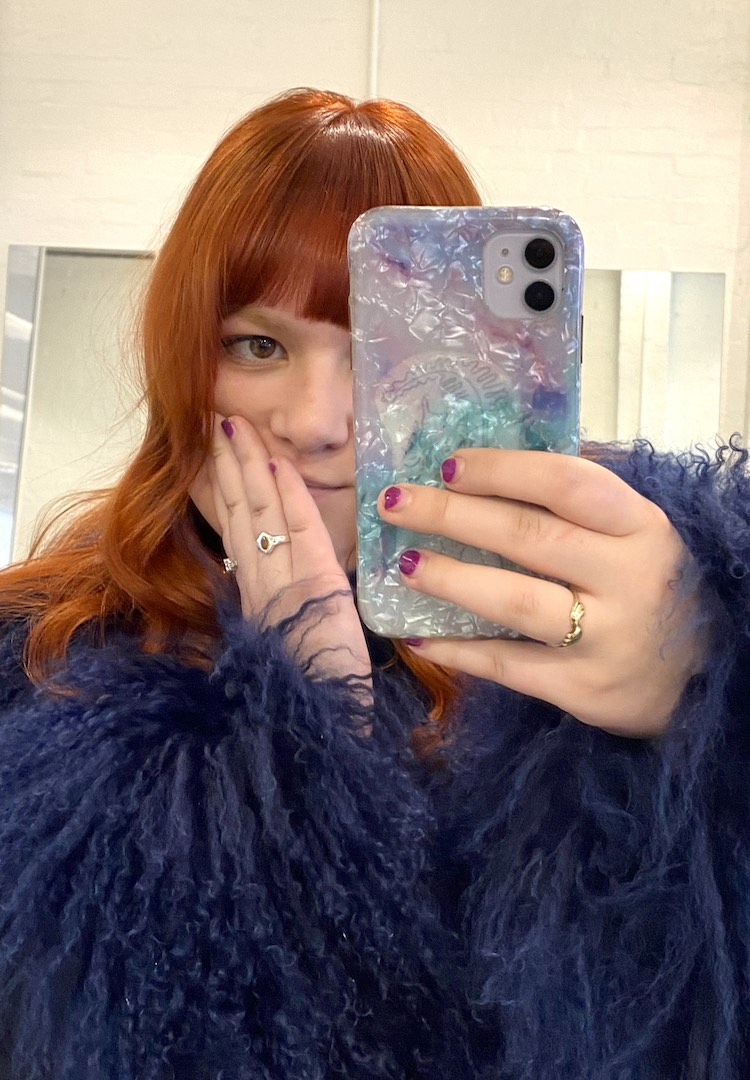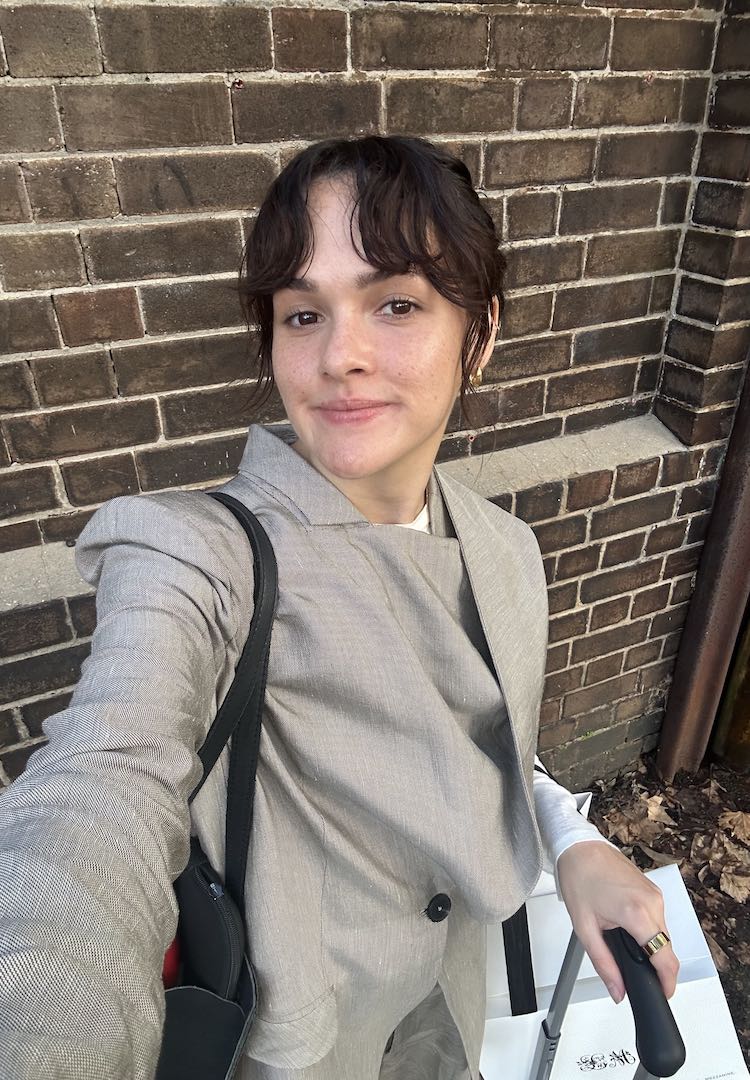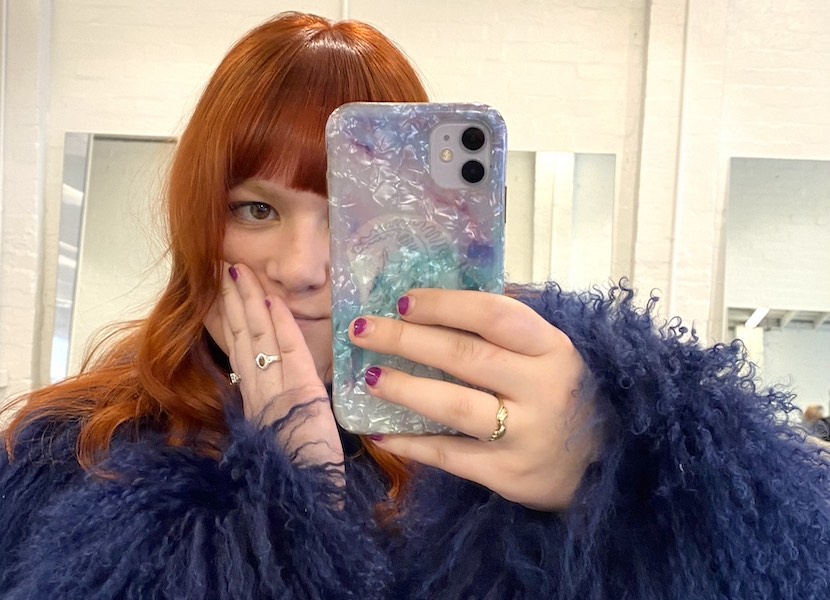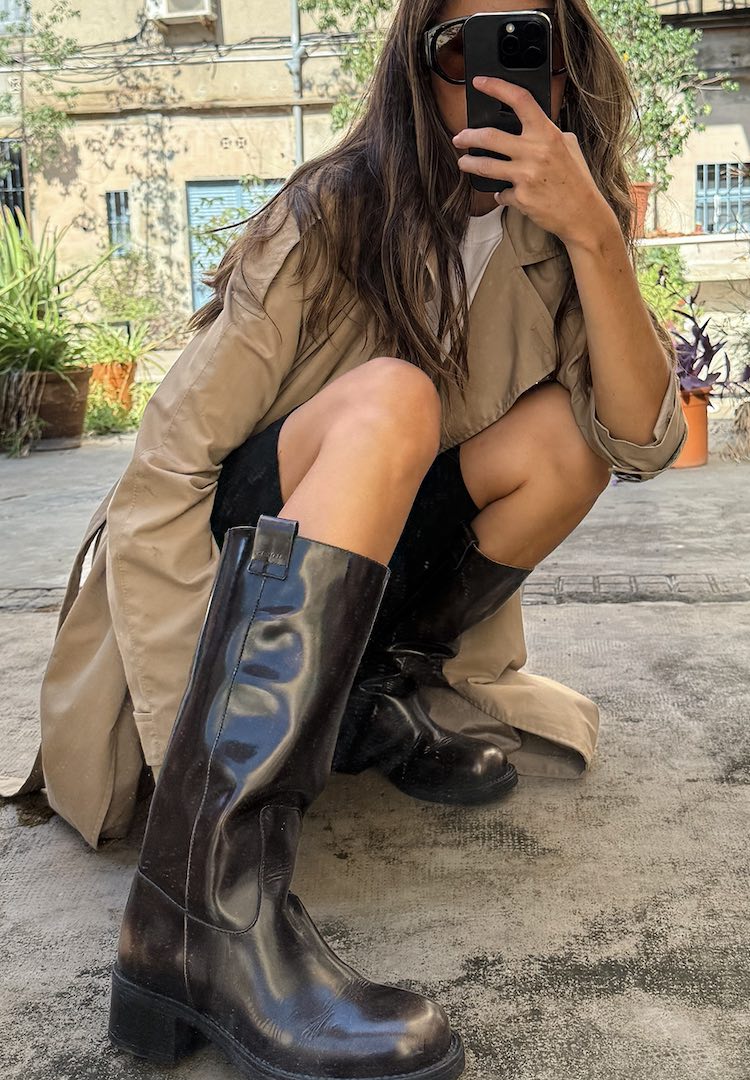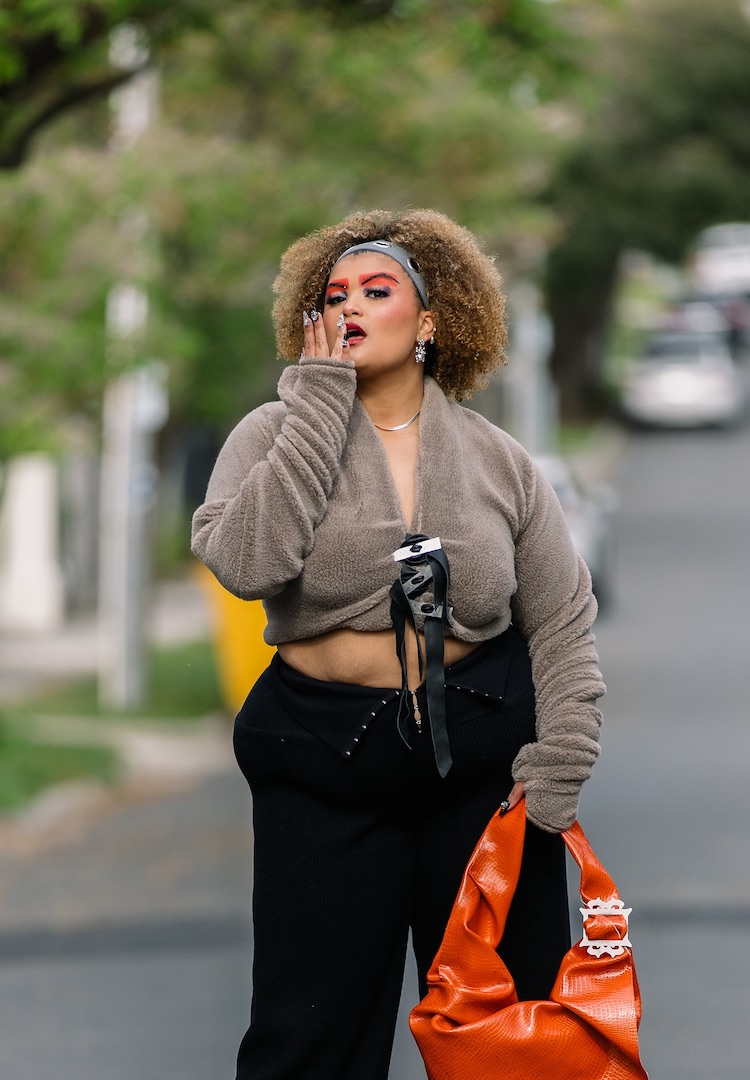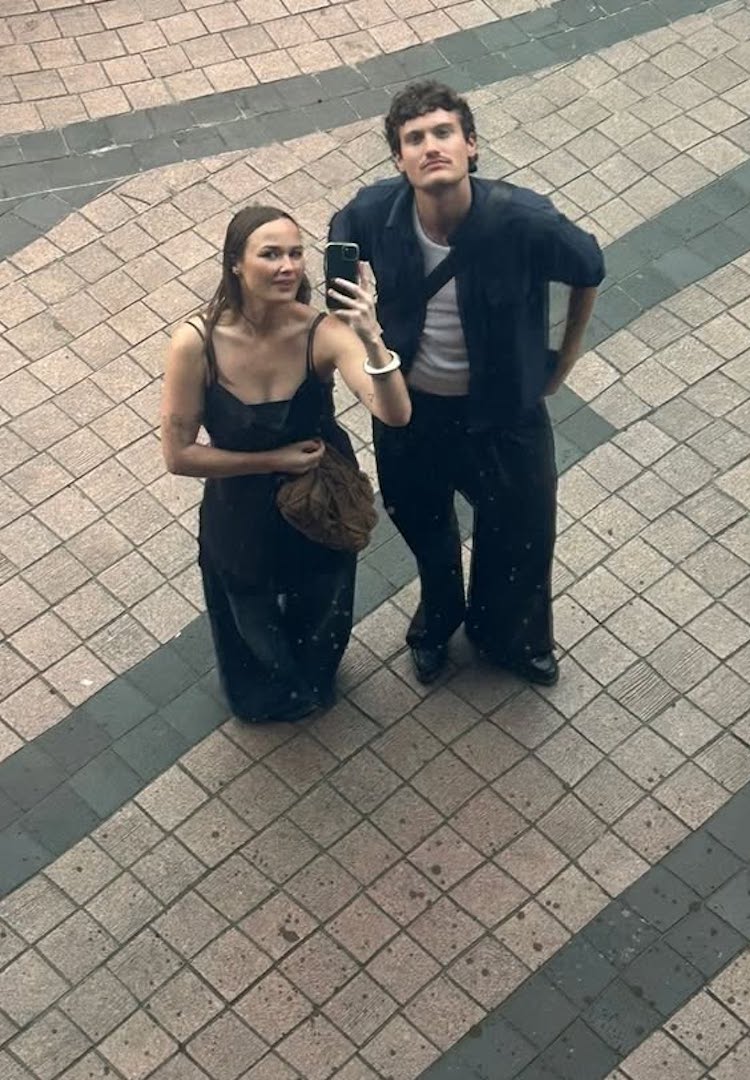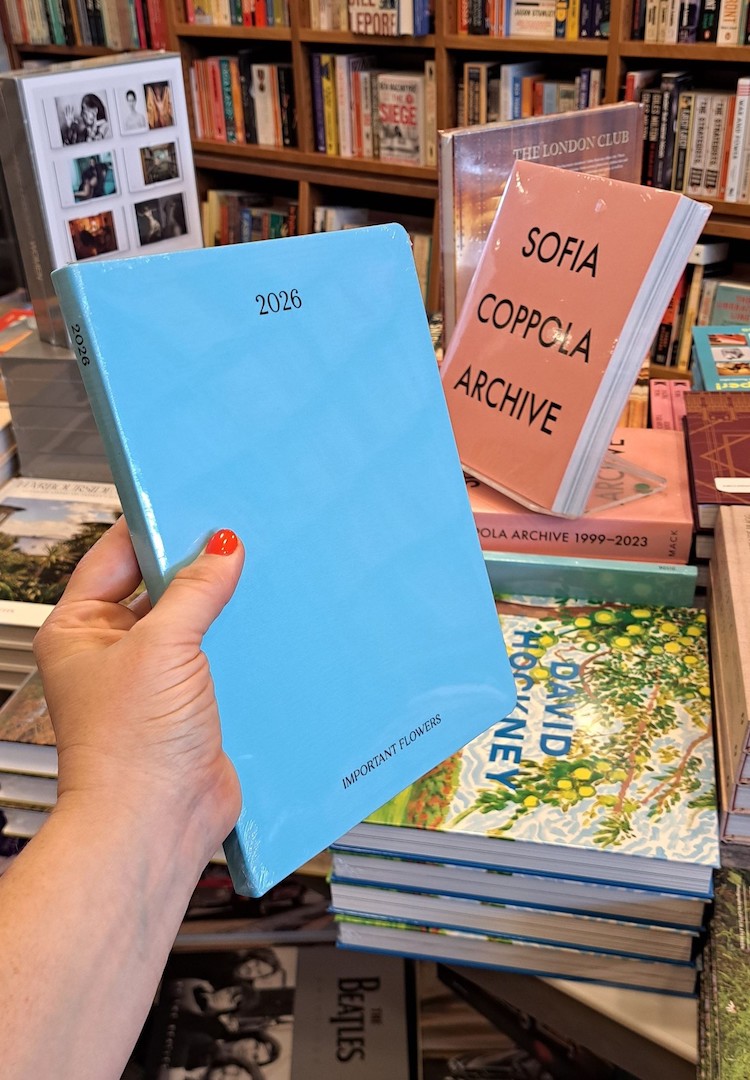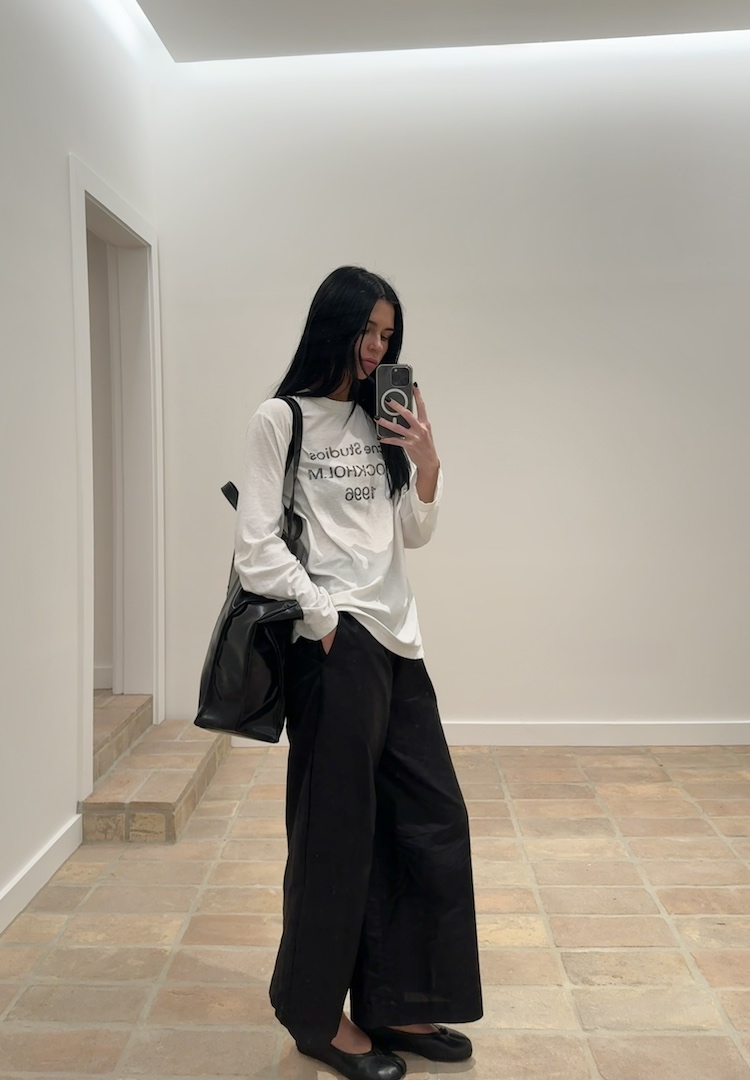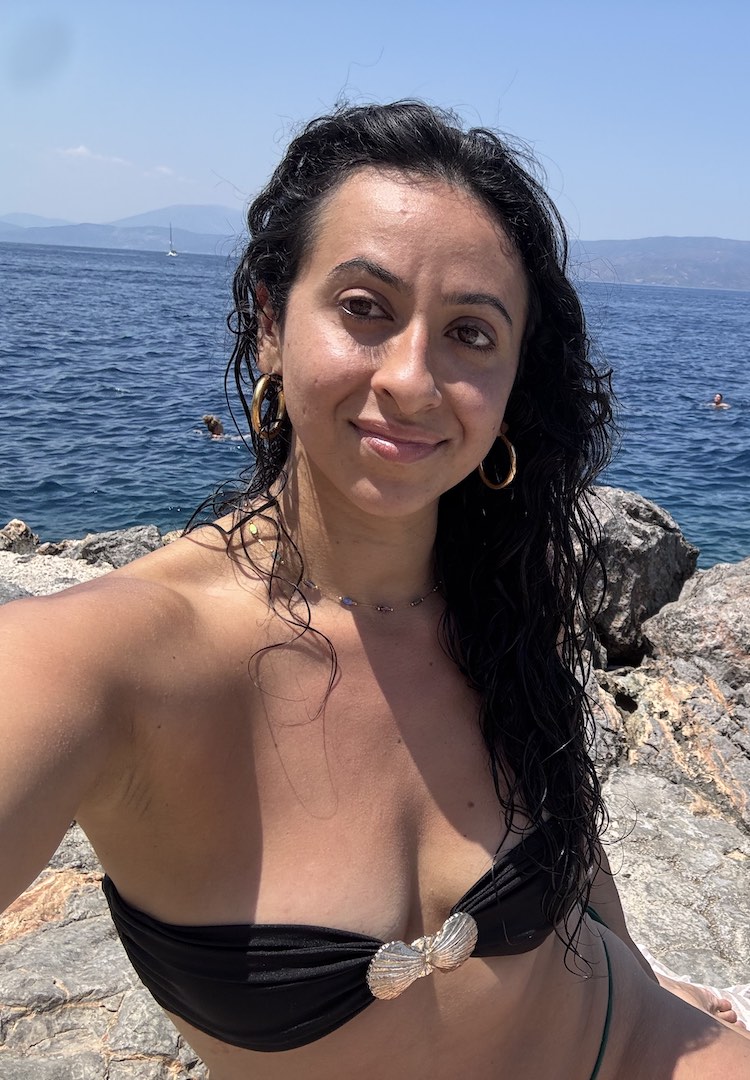How I Got Here: Elk’s sustainability coordinator on internships, greenwashing and thank-you letters
IMAGE VIA @_alana_poole/instagram
AS TOLD TO DAISY HENRY
“I pulled a reverse Elle Woods, ditched law school and enrolled into the Masters of Fashion Entrepreneurship at RMIT.”
Have you ever stalked someone on LinkedIn and wondered how on earth they managed to land that wildly impressive job? While the internet and social media might have us believe that our ideal job is a mere pipe dream, the individuals who have these jobs were, believe it or not, in the same position once, fantasising over someone else’s seemingly unattainable job.
But behind the awe-inspiring titles and the fancy work events lies a heck of a lot of hard work. So what lessons have been learnt and what skills have proved invaluable in getting them from daydreaming about success to actually being at the top of their industry?
Looking for a new 9 to 5? Head to our Careers page for new listings daily.
Welcome to How I Got Here, where we talk to women who are killing it in their respective fields about how they landed their awe-inspiring jobs, exploring the peaks and pits, the failures and the wins, and most importantly the knowledge, advice and practical tips they’ve gleaned along the way. This week, we hear from Elk’s sustainability coordinator, Alana Poole.
Though she’s in her dream role now, Alana’s career pathway has been anything but linear. Putting her interest in fashion on hold, Alana studied anthropology and politics at university, while contemplating law school. After some stalking on LinkedIn (a tool Alana now swears by), she came across the profile of the head of sustainability at Country Road. “I realised I didn’t have to choose between fashion and my passion for social impact, I could do both,” she says.
This led Alana along a path of customer service roles and internships, learning from the best in the industry. Eventually, a role as sustainability coordinator appeared and she jumped at the opportunity, before starting her current role at Elk.
Alana’s since learnt to navigate burnout, greenwashing and patience, particularly when it comes to career progress. At one point, she found herself considering a career change. “An interviewer actually called me out mid-interview,” she says. “She could tell where my passion was and insisted I stay on my war-path.”
View this post on Instagram
Fashion Journal: Hi Alana! Tell us a little about who you are and what you do.
Alana: I’m the sustainability coordinator at Elk, working across a diverse range of responsibilities, from exploring responsible materials and mapping our supply chain to supporting compliance and crafting sustainability messaging. Any opportunity to reduce our impact as a business can fall into my role, that’s what I love about it!
Take us back to when you were first starting out. Did you study to get into your chosen field, or did you start with an internship and climb the ladder?
I did both! Pursuing this field typically requires academics and industry experience. I’ve had a pretty bonkers journey to land my dream roles and I’ve had a lot of fun along the way.
Fresh out of high school, I was faced with two options: Bachelor of Fashion Design at RMIT and a Bachelor of Arts at the University of Melbourne. I decided to put my love for fashion on the back burner and take up anthropology and politics, chasing the long-term dream of law school. I found a burning love for anthropology here and learnt the hard skills and theories that underpin everything I do now.
One night, a career lightbulb moment happened. I stumbled across the profile of the head of sustainability at Country Road and realised I didn’t have to choose between fashion and my passion for social impact, I could do both. So, I pulled a reverse Elle Woods, ditched law school and enrolled into the Masters of Fashion Entrepreneurship at RMIT. My industry journey kicked off with a casual customer service gig at Kip and Co’s head office. To say this role changed my life is an understatement. The founders, Kate, Alex and Hayley, took me under their wing, and I grabbed every opportunity with both hands.
From there, it was a whirlwind. I answered an Instagram post from James Noble at Reigner and spent some months under his rhinestone wing, assisting in the creation of custom cowboy suits for our musical heroes and everyday-cool folk alike. James’ approach taught me to think big and be fearlessly creative. My internship journey continued when Rong Chen, the incredible founder of Graedance and my former teacher, slid into my LinkedIn DMs (so on brand for us). Under his sterling silver wing, I saw the power of unbreakable purpose-led vision, creative direction, the importance of community and unmatched kindness.
The sustainability bug kept biting, though. So, I wrote a love letter to Elk, professing my admiration for their mission. They didn’t have a sustainability role but I jumped at the chance to join their customer service team in the head office. At this point, I was juggling four jobs: Kip and Co, Elk, Graedance and tutoring Anthropology in the evenings. Insane? Maybe. But totally worth it.
Six months into this wild ride, I spotted my dream job on LinkedIn: sustainability coordinator at Bared Footwear. I landed that critical interview and then the role. After a brilliant year under Anna Baird’s incredible guidance, I’m now heading back to Elk to join their incredible sustainability team.
It may seem like a crazy path to sustainability but every single one of those roles built my skill set. And even more importantly, they introduced me to mentors who shared their world with me.
View this post on Instagram
What hurdles have you faced getting to where you are now?
Burnout. Breaking into the fashion industry is bloody hard, especially when you’re looking for a niche role like mine. The sad reality is that many brands simply don’t have the bandwidth or budget to dedicate an entire role to sustainability. With each rejection, another month of no roles in sustainable fashion and a six-day workweek, I was burnt out and ready to give up. And actually, I did give up.
The appeal of more stable, traditional roles was strong and there were moments when I wondered if I was just being stubborn, so I began interviewing for other roles. An interviewer actually called me out mid-interview for a social media position – she could tell where my passion was and insisted that I stay on my war-path for a sustainability role. It was the best job rejection I ever got (and we’re now great friends!).
If those other jobs are calling your name, do it. Sometimes, they can lead you toward your ultimate goal. If feasible, aim for a stable role that offers valuable experience and prepares you for when your dream roles open up. It’s worth the wait. Most importantly, do not self-select yourself out of a role. Many lists include skills or years of experience that we don’t have and we write ourselves off. Men don’t do that. There might be other ways you can address the criteria or express interest in developing your skills in that area that you don’t have.
What do you want people to know about your industry?
Working in sustainability is an absolute privilege. The changes we make impact real people and real livelihoods throughout our supply chain, so we need to handle decisions with care and by listening to the communities we affect. You’ll often be one of the only people in the room with your specific knowledge, which means it’s crucial to speak up and hone your skills to be a great ally.
View this post on Instagram
What’s the best part about working as a sustainability coordinator?
I absolutely love being in a purpose-driven role that’s active across every part of the business. Some days I’m at my desk working with data, other days I’m visiting suppliers, meeting with innovators, or collaborating with different teams. Ultimately, I get to help embed sustainability into everything we do. I’ve been so lucky, at Elk and Bared, sustainability isn’t just a side project or a buzzword, it’s genuinely at the heart of how the business operates.
I’ve also met the most incredible people, who will stop at nothing to enact change in their industry, even if it means putting their life-savings towards it. Meeting with people and teams like that never fails to instil some hope in me!
What would surprise people about your role?
Communication and storytelling is integral to sustainability roles in fashion. A huge chunk of my time is spent ‘translating’ heavy topics into digestible forms for anyone from our CEO, to a casual retail team member, or a supplier overseas. It can come in any form too, I’m also creating copy for packaging, our website and social media.
I also think about rubbish… a lot. You will often find me shoulder-deep in a recycling bin, or totally losing my mind at the state of textile recycling in Australia. I love talking trash.
What skills have served you well in the fashion industry?
Writing has undeniably been my most important skill. You need to be able to communicate what you do to any audience, at any knowledge level, in a way that doesn’t make people’s eyes glaze over. All while avoiding greenwashing (which is way more difficult than you’d think).
Understanding how production teams actually work has been a game-changer too. In a sustainability team, you need your product team to be on your side, which means ensuring your initiatives work alongside their goals, not against them. So take that production internship! It will do you wonders and will give you some major credibility with the designers.
View this post on Instagram
What advice would you give to someone who wants to be in a role like yours one day?
Ultimately, sustainable fashion is built on the sciences and your role will likely impact every department in the business. It’s super important to build some diverse experience across fashion, science, business and communications. If you’re really passionate about fashion, you could broaden your knowledge by getting involved with organisations like UN Young Professionals, Oxfam or Baptist World Aid.
The most important thing to remember is that you don’t need to know everything and you will never know everything. This industry changes too fast! Businesses are genuinely looking for people who are curious, adaptable and eager to learn. Your willingness to grow and think critically matters far more than having all the answers. They will always train the right candidate.
What about a practical tip?
Almost every single job I’ve ever landed would not have happened if I didn’t have LinkedIn. I know it feels corporate but building your connections is so important. Reach out to people you admire and ask for a coffee – you’d be surprised by how few people do it,and how generous people really are with their time. And don’t forget to write thank you letters whenever you can.
Keep up with Alana here.


